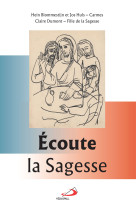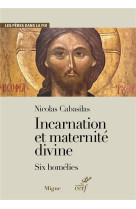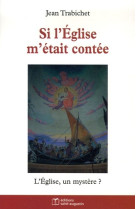--
St. Ailred, Abbot of Rievaulx (1110-1167) is a great monastic figure of the 12th century, regarded in England as another St. Bernard. This biography tells the story of Ailred through his works and his spiritual doctrine in the context of 12th century England, a time of crisis (the Gregorian reforms, in particular the suppression of marriage for the clergy, were difficult to enforce). It is worth noting the importance of Rievaulx Abbey, which housed more than 600 brothers at the time of Ailred's death. A counsellor to princes and kings, working to restore and encourage peace, Ailred is known for his mystic theology of history. A witness and privileged player in a period of profound change in the 12th century Church, as well as in secular society and the political life of his country at that time, Ailred (1110-1167) — whose peers unhesitatingly compared him to Saint Bernard — was, in the richness of his own experience, confronted with the major divisions that made 12th century England a particularly troubled and chaotic place. In 1110, Ailred was born in Hexham, Northumbria, into a family where the men had been priests from father to son for several generations. In 1124, he was introduced to the Scottish royal court where he very quickly struck up a friendship with the King's sons (especially Waldef and Henry, the crown prince, 4 years his junior). He also earned the respect of King David, who promoted him to general stewardship of the kingdom probably around 1130. We may well ask why this gifted and brilliant young man decided, four years later in 1132, to abandon a political or ecclesiastical career (and a very promising one at that) and enter Rievaulx, a Cistercian monastery recently founded (in 1132) by Saint Bernard in Yorkshire? And from 1153 onwards - when he became the abbot of his original monastery - what drove him to get involved the political life of his country, and strive to become its historian? The present biography of Ailred (the first in French) attempts to answer these two essential questions as well as many others. It also enables a positive re-evaluation of the meaning and influence of ‘Vita Ailredi', a hagiographic account written shortly after Ailred's death by Walter Daniel, who was his secretary and nurse. Lastly, it casts new light on the importance of spiritual friendship as the main interpretative key to the life and doctrine of the man known as the ‘doctor of friendship'.









